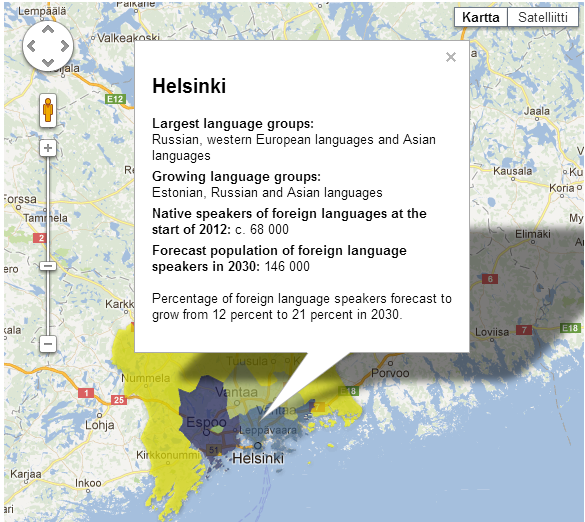It’s only a matter of time before tourists and visitors to the nation’s capital will be wondering where are all the ethnic Finns.
- BBC: London has become the first region where white British people have become a minority.
-
The Telegraph: ‘I feel like a stranger where I live’
Some 45% (3.7 million) of people in the capital described themselves as white British, down from 58% (4.3 million) in 2001.
The issue of immigration (even mass immigration) would be different if the proponents of the policy had been upfront about what they were planning from the very beginning. If it had been addressed in an honest way, with the architects of this societal engineering explaining their positions, allowing for vigorous debate and then holding a referendum on it, then the people would have had their say.
But none of this was done, on the contrary, it was implemented by stealth, outright lies, media manipulation of the issues and intimidation of those who dare voiced a concern. That’s the legacy of the immigration situation in Finland and elsewhere in Europe. In an earlier period and outside of Europe, it was called colonial imperialism inside Europe it’s called ”multiculturalim”.
Interactive map: Growth of language diversity in the Helsinki region
A fresh forecast from the city of Helsinki shows how the capital city region is set to become even more international over the next twenty years. Russian, Estonian and Asian languages are the most common mother tongues among foreign-born residents.
The city of Helsinki attracts mostly Russian-speaking foreign residents, with a sprinkling of others from Africa and the middle east. Vantaa and the commuter belt host Estonians, while people speaking Asian languages are becoming more common in Espoo and Kauniainen.
The region is expecting internationalisation to continue over the next two decades, and spread to outlying municipalities that have remained relatively homogenous so far. The largest group of foreign language speakers in Helsinki is, at present, composed of those who speak Russian as a mother tongue. Western European languages are the next largest group, with Estonian-speakers the fastest-growing community.
Helsinki is the first stop for many migrants, and can provide a launch pad for them to gradually spread to neighbouring towns and villages. According to the City of Helsinki’s forecast, Estonians especially will start to feel more comfortable in Vantaa and other municipalities around the capital. One of the prime pull factors for those areas is relatively cheap property prices.


If you want a job that doesn’t include swishing a brush inside a toilet bowl, make no mistake, you better speak Finnish. First generation foreigners understand they must speak Finnish to prosper. If they do not, they will live out their lives on the dole and wait for their children to advance financially. Brighter Finnish-speaking foreign immigrants have learned to use Finnish laws against any Finns who want to only deal with or hire indigenous people.
IT and teaching seems to be the most foreigner friendly professions here. I may be wrong but on the whole, they are the only two jobs which do not require you to speak Finnish.